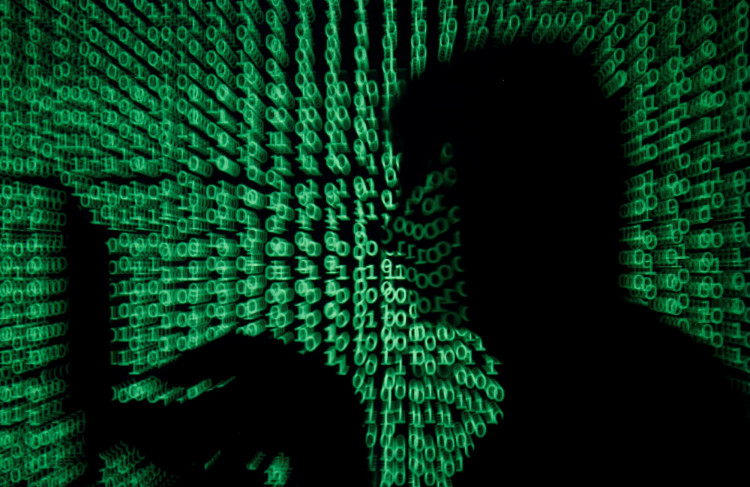A Singaporean man pleaded guilty, Friday, to working under the guidance of Chinese intelligence officials to extract classified information from Americans, the U.S. Department of Justice disclosed.
Yeo Jun Wei, also named Dickson Yeo, pleaded guilty in a Washington D.C. federal court to one count of working as an unlawful foreign agent inside the United States.
Court records showed Wei used his U.S. political consultancy as a front to gather Chinese intelligence information, targeting American military and government personnel with security clearances on social media platforms.
Sentencing for Yeo will be in October, the Justice Department said. The U.S. is clamping down on Chinese espionage, with the Federal Bureau of Investigation having interviewed dozens of visa holders about their possible connections to Chinese intelligence.
On Friday, a Chinese researcher who took shelter in the San Francisco embassy was expected to show up in court on accusations that she lied about her military service in China, while the U.S. counterintelligence agency director warned China and other countries could intervene with the November elections.
In the plea, Yeo admitted to operating starting in 2015 for China's intelligence with the aim of evaluating and monitoring Americans who possess classified information from the U.S. armed forces as well as those from public office, AFP disclosed.
Prosecutors said that Yeo was recruited by Chinese intelligence officers during a trip to Beijing around 2015 when he was studying for a doctorate from the National University of Singapore.
He was offered money in exchange for political reports and information and later asked to sign a contract with the People's Liberation Army of China.
The report added that Yeo paid some of those individuals to write reports that were seemingly for his clients in Asia, but was instead sent to the Chinese government.
The guilty plea was divulged days after the U.S. ordered China to shut down its consular office in Houston, labeling it a center for espionage and operations to steal American technology and intellectual property.
That move triggered a major backlash from China, which has ordered the closure of the U.S. embassy in Chengdu, which it also alleged of being a center of spying activities.
According to U.S. Assistant Attorney General John Demers, the Chinese government "uses an array of duplicity to obtain sensitive information from unsuspecting Americans," James Griffiths of CNN quoted the official as saying in his report.
Yeo played a central role in one such scheme, the report said, using career networking sites and a bogus consulting agency to lure Americans who might be of interest to the Chinese government.






